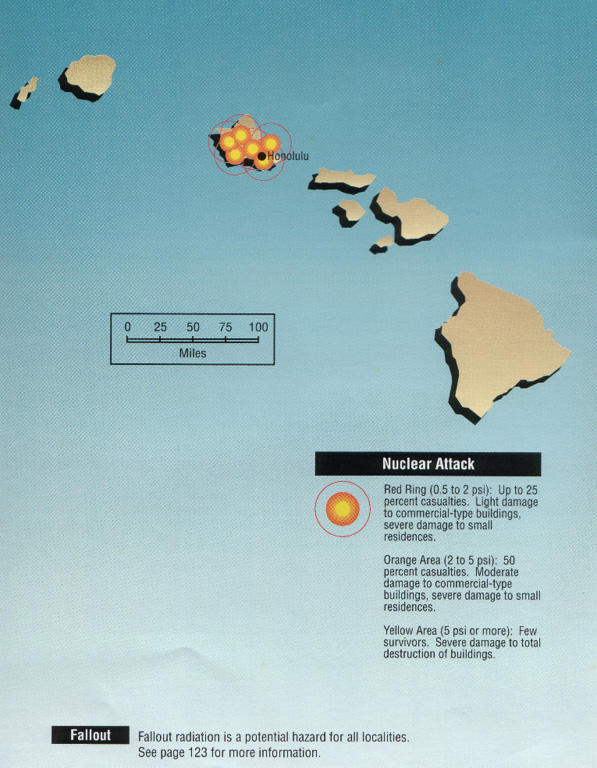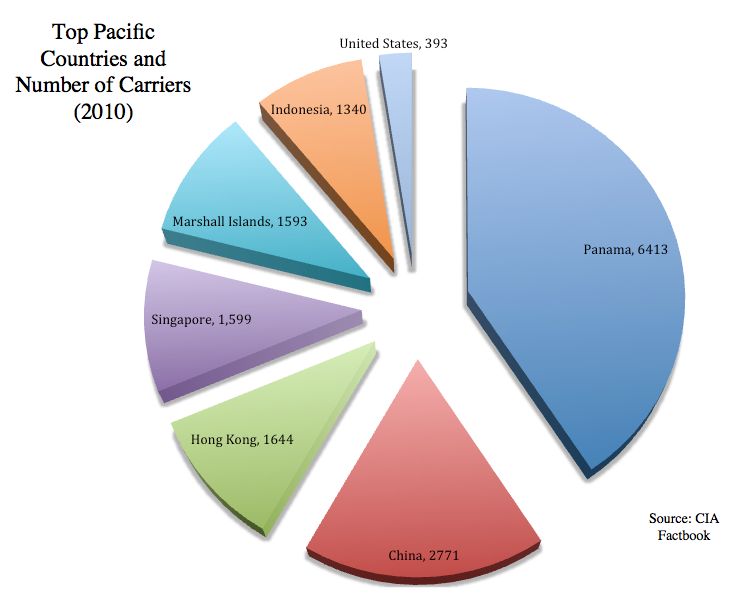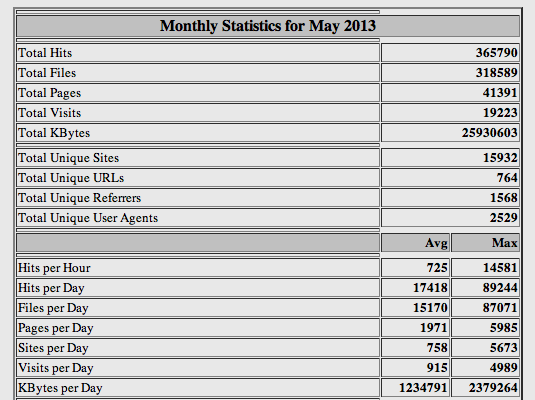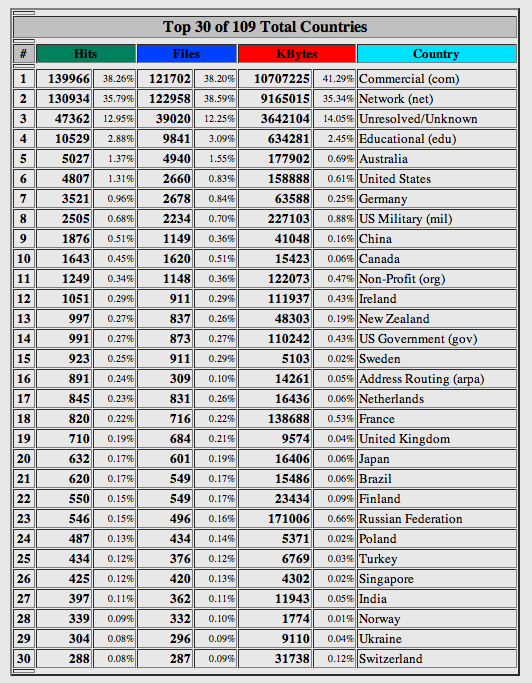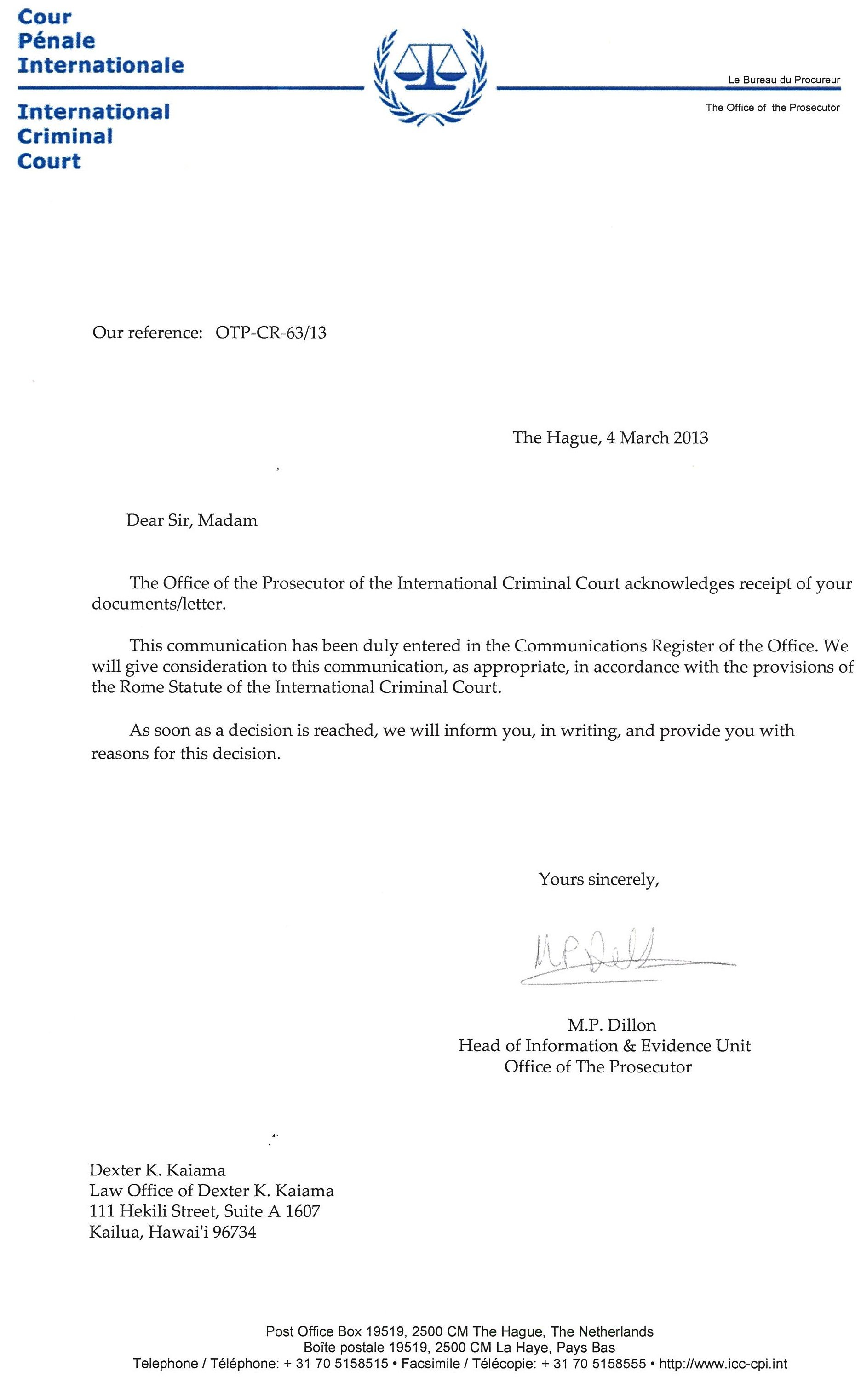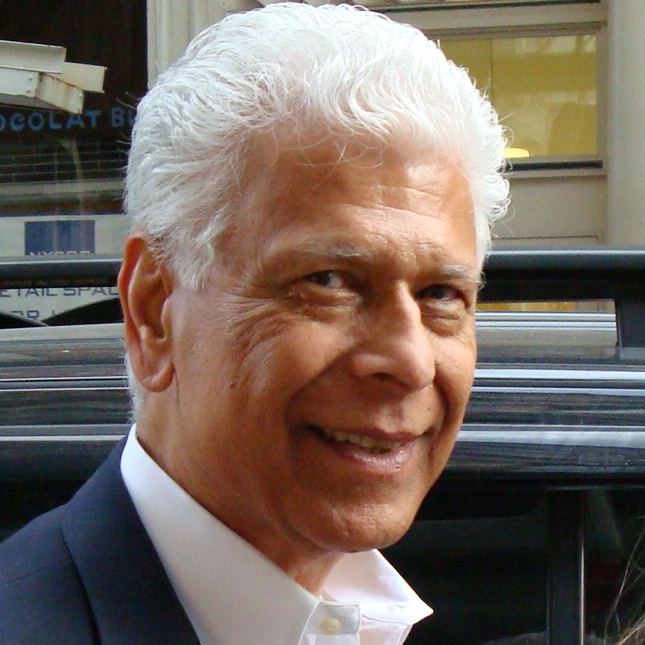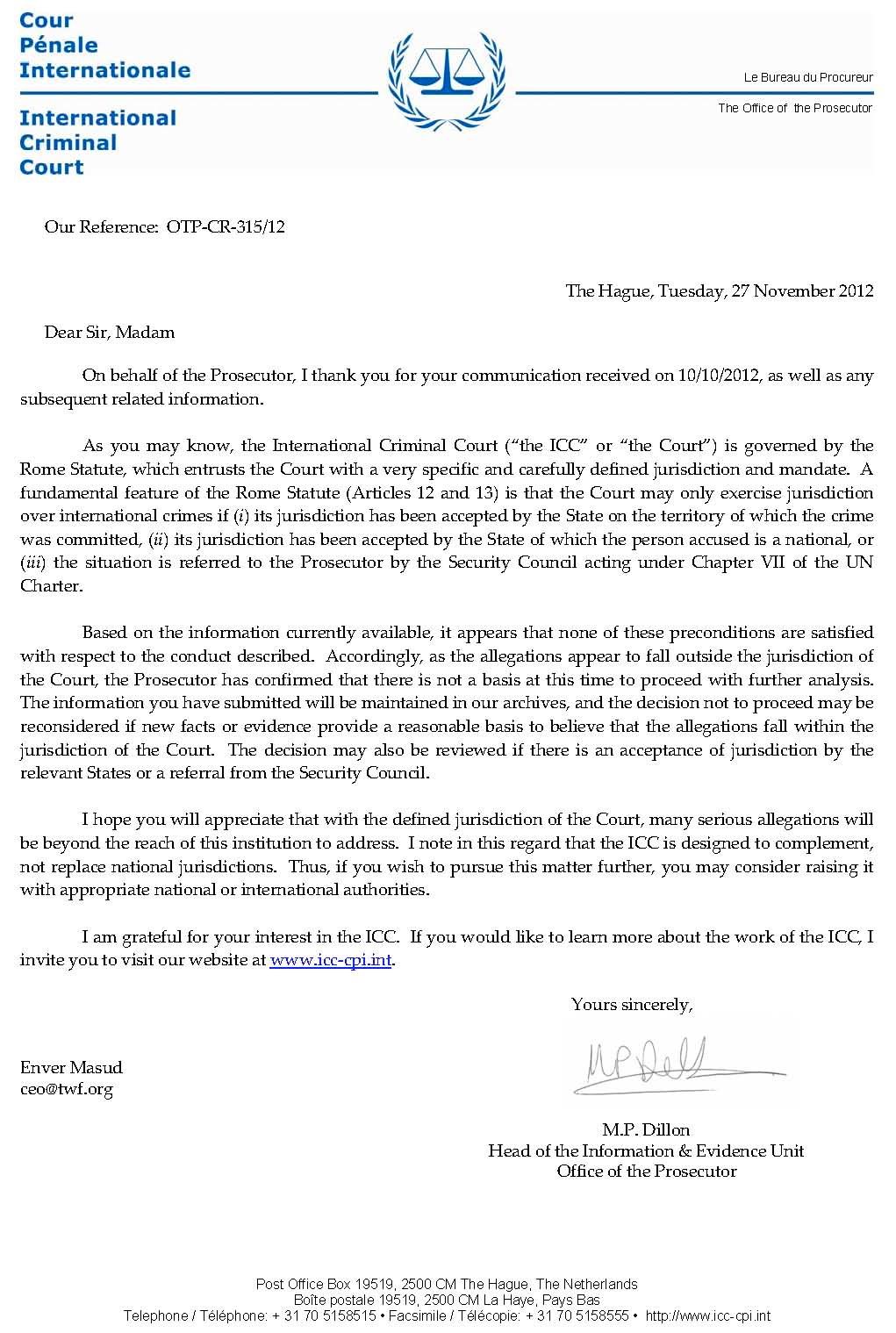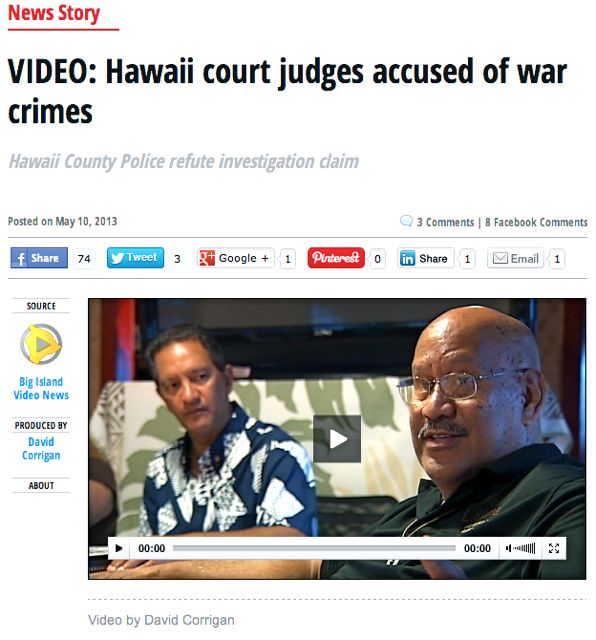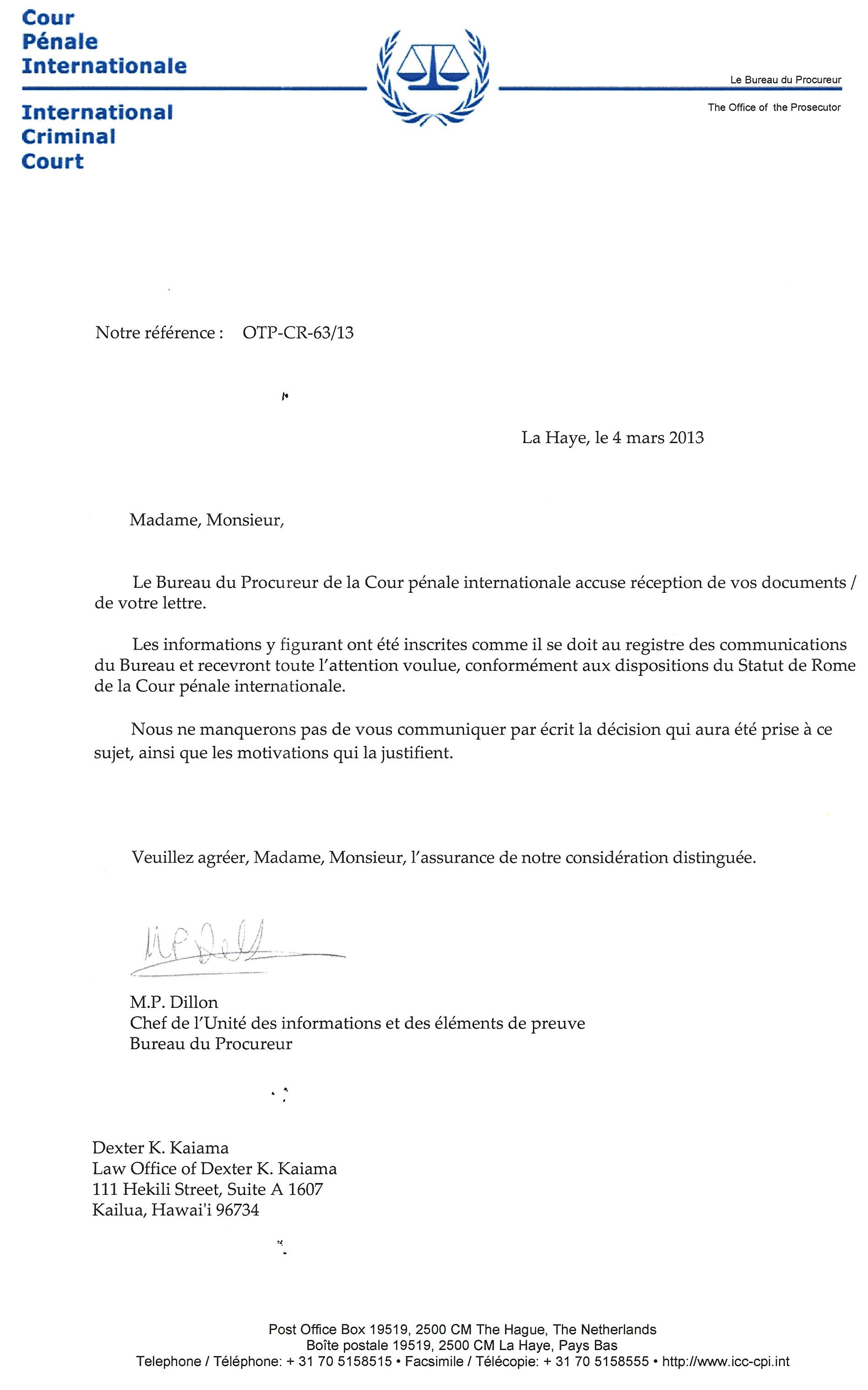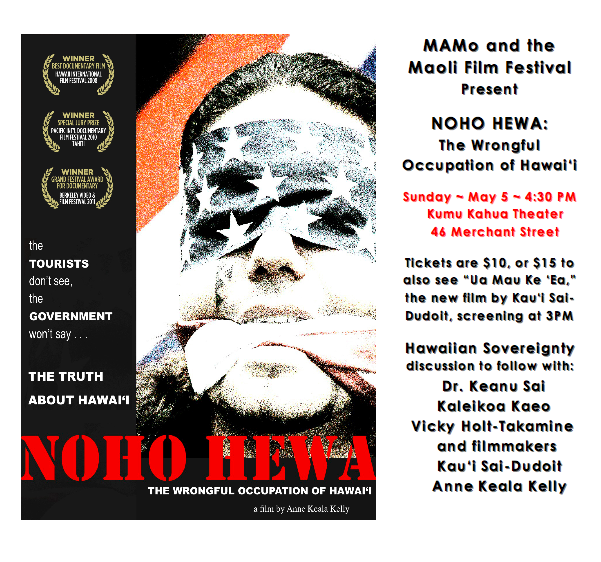The United States prolonged and illegal occupation of the Hawaiian Islands is a direct violation of Hawai‘i’s neutrality. Article 1 of the 1907 Hague Convention, V, provides “The territory of neutral Powers is inviolable,” and Article 2 provides “Belligerents are forbidden to move troops or convoys of either munitions of war or supplies across the territory of a neutral Power.” The United States’ violation of these Articles have placed the residents of the Hawaiian Islands into harms way when Japan attacked U.S. military installations on O‘ahu on December 7, 1941, and continue to place Hawai‘i’s residents in harms way in the event of a nuclear attack.
According to the U.S. Department of Defense’s Base Structure Report for 2012, the U.S. military has 118 military sites that span 230,929 acres of the Hawaiian Islands, which is 20% of the total acreage of Hawaiian territory. As the headquarters for the U.S. Pacific Command, being the largest unified command in the world, the Hawaiian Islands is targeted for nuclear strikes by Russia and China. At present the concern is North Korea, as well as any adversary of the United States.
In 1990, the United States Federal Emergency Management Agency (FEMA) published Risks and Hazards: A State by State Guide. One of the subjects included nuclear targets and identified 6 nuclear targets on the island of O‘ahu that coincided with the locations of military posts of the U.S. Army, Navy, Air Force and Marines. Also included as a target is the Headquarters of the U.S. Pacific Command at Camp Smith that lies in the back of a residential area in Halawa. According to FEMA, the entire Island of O‘ahu would be obliterated if a nuclear attack were to take place.
Americanization has desensitized Hawai‘i’s population and has made the presence of the U.S. military in the islands normal. Americanization has also erased the memory of the U.S. invasion in 1893 and portrayed the military presence as protecting the islands from an aggressor country intent on invasion, when in fact the Hawaiian Islands were seized in 1898 to serve as a defense to protect the United States west coast from invasion.
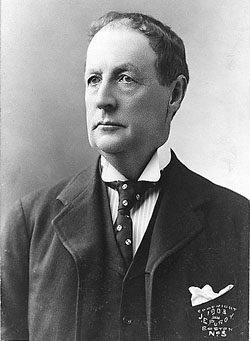 After the defeat of the Spanish Pacific Squadron in the Philippines, U.S. Congressman Francis Newlands (D-Nevada), submitted House Resolution 259 annexing the Hawaiian Islands (also known as the Newlands Resolution), to the House Committee on Foreign Affairs on May 4, 1898.
After the defeat of the Spanish Pacific Squadron in the Philippines, U.S. Congressman Francis Newlands (D-Nevada), submitted House Resolution 259 annexing the Hawaiian Islands (also known as the Newlands Resolution), to the House Committee on Foreign Affairs on May 4, 1898.
Six days later, hearings were held on the Newlands Resolution, and U.S. Naval Captain Alfred Mahan’s testimony explained the military significance of the Hawaiian Islands to the United States:
“It is obvious that if we do not hold the islands ourselves we  cannot expect the neutrals in the war to prevent the other belligerent from occupying them; nor can the inhabitants themselves prevent such occupation. The commercial value is not great enough to provoke neutral interposition. In short, in war we should need a larger Navy to defend the Pacific coast, because we should have not only to defend our own coast, but to prevent, by naval force, an enemy from occupying the islands; whereas, if we preoccupied them, fortifications could preserve them to us. In my opinion it is not practicable for any trans-Pacific country to invade our Pacific coast without occupying Hawai‘i as a base.”
cannot expect the neutrals in the war to prevent the other belligerent from occupying them; nor can the inhabitants themselves prevent such occupation. The commercial value is not great enough to provoke neutral interposition. In short, in war we should need a larger Navy to defend the Pacific coast, because we should have not only to defend our own coast, but to prevent, by naval force, an enemy from occupying the islands; whereas, if we preoccupied them, fortifications could preserve them to us. In my opinion it is not practicable for any trans-Pacific country to invade our Pacific coast without occupying Hawai‘i as a base.”
The Hawaiian Islands was and continues to be the outpost to protect the United States and their presence in the Hawaiian Islands is in violation of international law and the laws of occupation.

